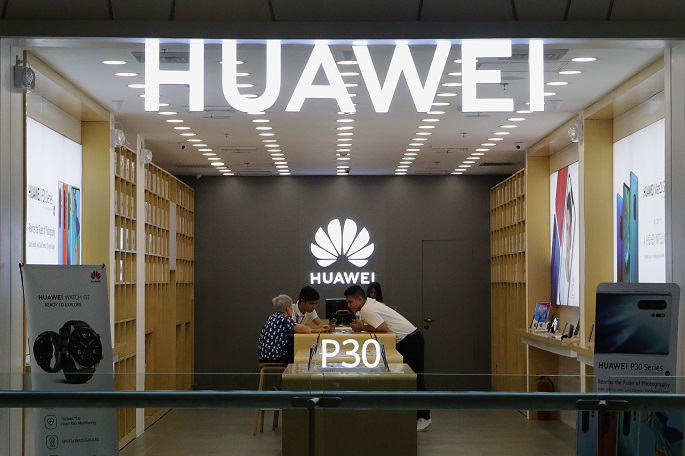Huawei owns over 80,000 patents worldwide
Published : 27 Jun 2019, 19:50
Huawei had a total of 87,805 patents worldwide, including 11,152 granted by the U.S. authorities, by the end of 2018 after spending 10-15 percent of its revenue on research and development (R&D) annually, the tech giant said Thursday.
At a press conference, the Shenzhen-based company said in the development of the 5G network alone, Huawei had invested over 2 billion U.S. dollars by the end of 2018, "more than the total 5G investment from all major equipment vendors in the United States and Europe."
Huawei also paid over 6 billion dollars in royalties to implement other companies' IP in the past 30 years, nearly 80 percent of which went to U.S. firms, said Song Liuping, the company's chief legal officer.
Song maintained that respect and protection of intellectual property were its core principles and the cornerstones of its business success while calling against politicizing IP disputes.
"In the past 30 years, no court has ever concluded that Huawei engaged in malicious IP theft," Song said. "No company can become a global leader by stealing from others."
While admitting that Huawei has been on both sides of IP disputes, which are "common in the international business," Song called for resolving such issues through legal proceedings.
Huawei has become a world-leading tech company because of its long-term and massive investment in R&D, according to Song. In 2018, the company invested 15 billion dollars in R&D, ranking the fifth largest in the world.
"Huawei has more than 80,000 R&D engineers who put their hearts and souls into the technology we create," Song told the conference.
Song said Huawei fully supported the IPR protection system, adding that Huawei would not weaponize intellectual property. "Huawei's intellectual property policy is defensive rather than aggressive," he said.
Huawei's patent portfolio includes many essential patents for 4G and 5G technology. As the major owner of the core 4G and 5G patents, the company is ready and willing to share its technology with the world, Song said.
As a major patentee in many international organizations, Huawei charges royalties and fulfils obligations. But Huawei is still a product-oriented company, not a patent-based company, Song said.
Since 2015, Huawei has received over 1.4 billion U.S. dollars in licensing revenue. Every year, Huawei submits more than 6,000 contributions to international standards organizations to help drive the industry forward, Song added.
Huawei is a major technical contributor to the field of Information and Communication Technology. All participants in the industry will research, develop, and manufacture their own products in accordance with international standards. Huawei is one of the major contributors to standards, and companies that use standards in the industry are sharing Huawei's technology, which brings value to them, according to Song.

